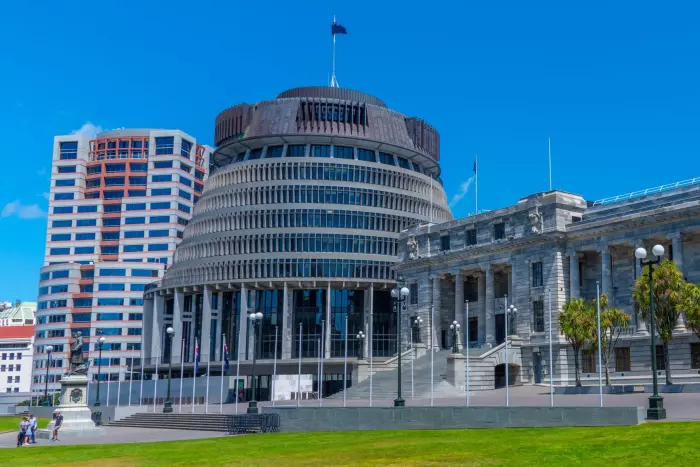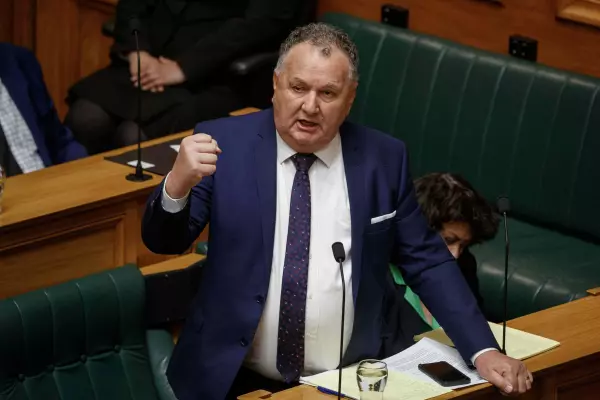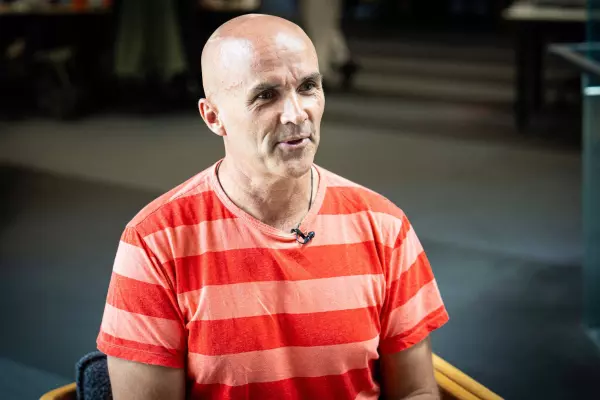The trend of the current government towards centralising government services runs counter to the idea that government should support and underpin the efforts of individuals and businesses.
Work under way to centralise workforce training, remove the ability of local people to have an influence on the school their children attend, do away with local community input into our local hospitals and, more recently, take control of water and wastewater services away from local ownership and control, are markers of the government’s ‘Wellington knows best’ attitude.
It is a marked change from economic policies pursued by right-of-centre parties around the world for the past decades and certainly a departure from Roger Douglas’s radical economic changes, which the fourth Labour government implemented from 1984 to 1988.
This change is a manifestation of the belief of our current government’s ministers that they alone should change the shape and direction of New Zealand, rather than seeing the role of government as principally to provide the framework to allow individuals and businesses to lead the way.
It’s an understandable attitude, given the background of the leaders of the Labour government. Jacinda Ardern, Grant Robertson and Chris Hipkins have lived in and around central government all their working lives.
The focus on centralisation has also partly led to an explosion in the number of people employed in the public sector.
Over the past four years of this government, the number of people employed in the public service has increased by 10,000 at a cost of approximately $1.6 billion per annum.
This is in stark contrast to the actions of then finance minister, Bill English, during the 2008 global financial crisis, when he announced a cap on the number of people working in ‘core government administration’ to reduce the deficit the country was running at the time.
I have enormous respect for our public servants. But there is a better option than simply employing more and more.
Slow coaches
The private sector and businesses are often well ahead of government in terms of thinking. In many cases, they have already solved a problem but government and the public sector are too slow to embrace change.
Given we are currently borrowing over $100m a day – every day – we need to move faster to protect our people. The most striking example of this has been the roll out of the vaccination programme.
While we have been incredibly fortunate so far not to have had an outbreak of more infectious strains of covid-19, our slow vaccine rollout is not only a health issue but now an increasingly important economic issue.
So the question is: why doesn’t the government turn to the private sector for advice?
We’ve had successful New Zealand company Orion Health delivering the national immunisation registry for the past 20 years. For a minimal additional cost, Orion says it could have delivered an excellent management service for covid.
Instead, the Ministry of Health chose to go through a less-than-transparent process to acquire a much more expensive option from the United States.
We could have also turned to the private medical sector - GPs, pharmacists, St. Johns and fire and emergency services - to more quickly deliver vaccinations across the country.
However, the government is reluctant to work hand-in-glove with the private sector.
Debt mountain
More taxation will not help New Zealand get its finances back in order.
With debt forecast to increase from about $113 billion today to $184b in three years time, the scale of the problem is simply too significant to ignore.
We must adopt an approach that supports the key drivers of economic growth – backing businesses and hardworking New Zealanders to succeed and grow. When New Zealanders feel confident enough to start a new business or employ more staff then that will fuel sustained economic activity.
This is exactly the approach National will be adopting to deal with the economic malaise NZ is increasingly sleepwalking its way into, all as a result of spending in the name of covid.
Andrew Bayly is National’s Shadow Treasurer and Spokesperson for Revenue, Infrastructure and Statistics










